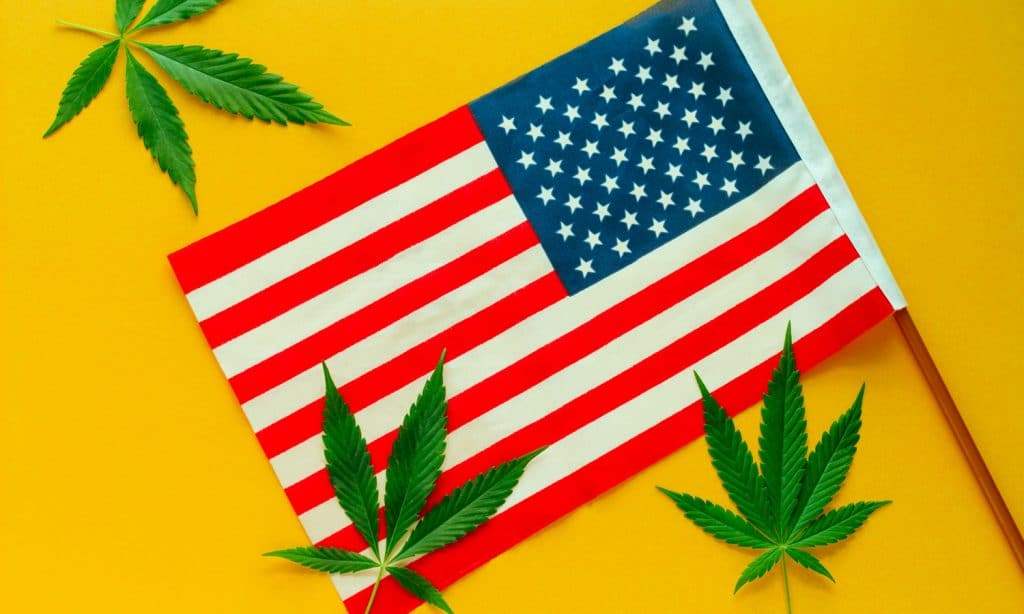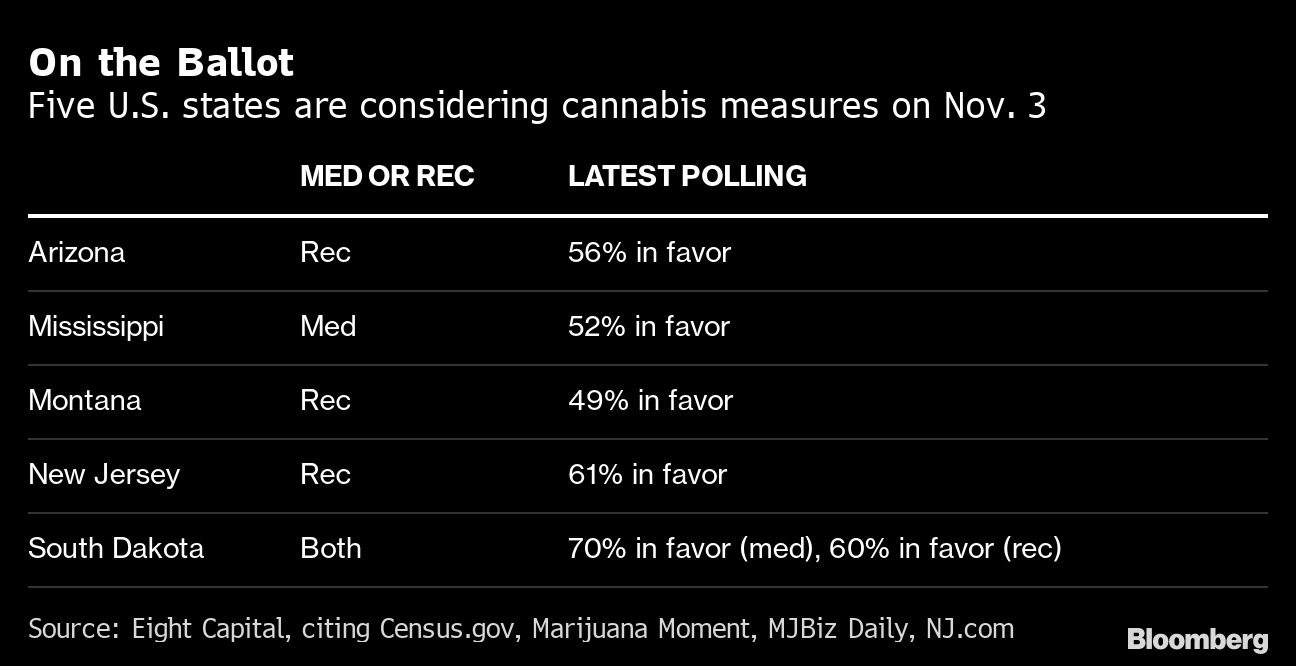Some analysts predict that legal weed is on its way to becoming a $9 billion market. So, not many states — or the federal government — will be able to ignore the economic benefits too much longer.
While the federal government still considers marijuana to be a dangerous drug, the rest of America isn’t so crass. Five more states just legalized the leaf in Tuesday’s election, making it where one in every three Americans now lives in a state where marijuana is no longer bound by prohibition.
Some believe that such a substantial victory means that cannabis reform is poised for more progress in the coming year. We’re talking about more states with influence putting pot laws on the books and, perhaps, even a situation where Congress is finally forced to take a careful look at the issue. Although there is still a great deal of uncertainty about how this could or will shake out, you can bet there is plenty on the horizon for marijuana legalization in the United States.
One thing you can almost count on is New York finally working toward a fully legal market. Although lawmakers haven’t been able to come to terms on it for the past couple of years, New Jersey’s newfound legal status might pressure them to take another look. Voters in the Garden State overwhelmingly approved a measure on Tuesday that makes the cultivation and sale of cannabis a fully legal industry. If New York doesn’t do the same, the state will be forced to contend with interstate drug trafficking, and ultimately exhaust police resources needed for violent crimes.
New York Governor Andrew Cuomo knows this is true. He told public radio station WAMC earlier this week that he believes legislators are going to have to find the inspiration to approve pot legalization in 2021 or else. More than anything, he said, the state needs the tax revenue from the cannabis industry to help repair the economic downtrodden brought on by the coronavirus.









